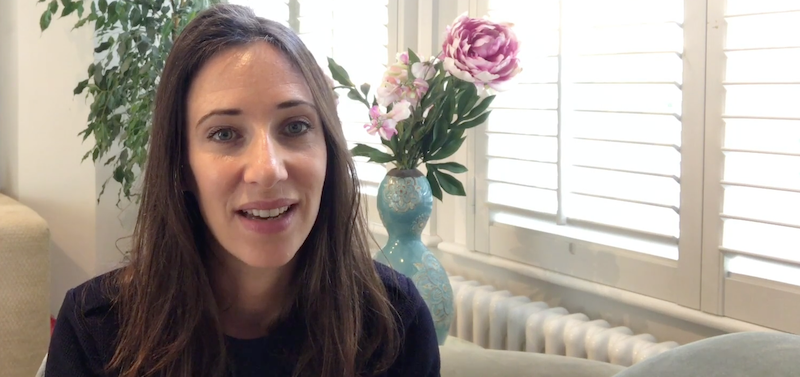Elocution is a rather dated notion nowadays and it's often associated with a certain way of speaking. This "received pronunciation" is a slightly posher but very neutral way of speaking; however, it's so much more than that.
Good elocution isn't about your accent, it's about how good a communicator you are, and when you speak, how much people want to listen. Elocution for us is about clarity, not mumbling, and confidence, not monotone. If you've ever wondered how to speak clearly, this is where you start.
Make people want to listen to you
Enunciating your sounds needn't be robotic; to make people want to listen you need colour, intonation, pausing, expression and emphasis so you direct people to what's important in what you're saying.
If you can speak with passion and energy, you will be saying more than the words alone, so it doesn’t matter if you get some of the words wrong. In fact, people will understand a lot without understanding words. And what's more, they’ll be interested.
So remember, when you are speaking and especially presenting, do not let pronunciation fears get in the way of your energy and passion.
Top tip on consonants:
Where vowels are emotion, consonants are efficiency and respect for the language. If we leave them out, ideas can merge into other ideas, there is a lack of clarity, and sloppiness too. If you want to give the impression of being well-spoken, of really knowing how to use the language to serve your goals, it is a good idea to pronounce your consonants. The good news is, you are still allowed to miss a few. The most important consonant tips to remember are:
Always pronounce a T or D when they are at the end of a thought or unit
When a T or D is in the middle of a word, with vowel sounds either side - like butter, definitely pronounce it. Bu--er doesn’t sound so good!
It can be easy to muddle some consonants. V instead of W, or F instead of TH. Try and keep these accurate if you can.
"You can have the most beautiful vowels and they will be beautiful sounds. But unless they are contained within clear boundaries that are absolutely understood, they are worth nothing. They require crisp firm consonants to make them meaningful."
Jamie Chapman - Principal Coach, LSW
Try it!
Next time you're reading, try to think about all of these things and see what happens to your communication!
At LSW, our fantastic team of expert coaches will tailor your coaching to your personal goals and help you with everything from taking the edge off a regional accent, changing a communication habit such as mumbling or dropping Ts, adopting a more formal communication style when it suits you and creating the impression you want to make with your body, voice and words.
To find out more about our personalised 1:1 elocution lessons, click here..


